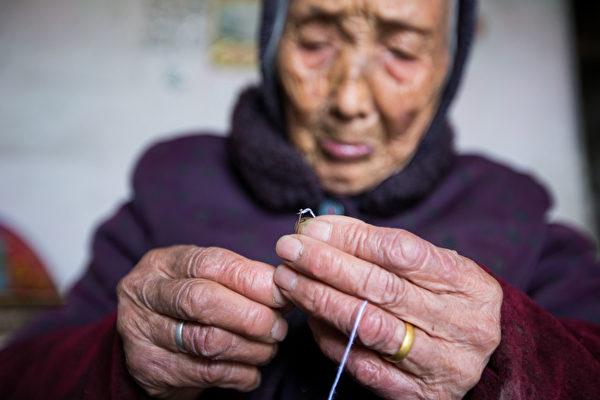China is experiencing a crisis with its aging population.
On Jan. 26, Chinese Aging Well Association, a non-profit organization, and Peking Union Medical College, one of China’s top medical institutions, published their first research paper on senior health in China, pointing out that the aging of China’s population is ahead of the country’s pace of economic development, posing severe risks and challenges to society.





